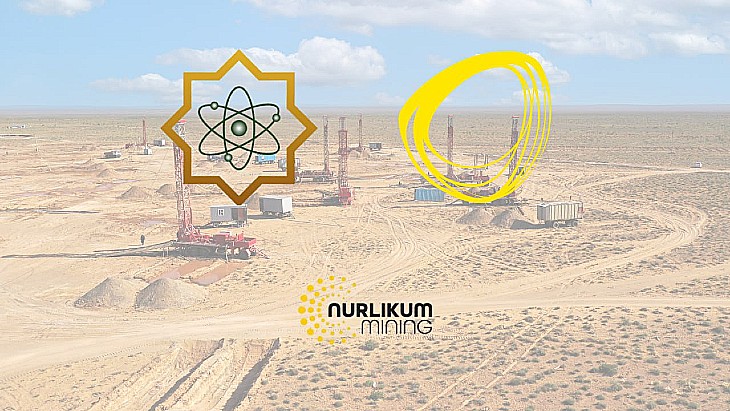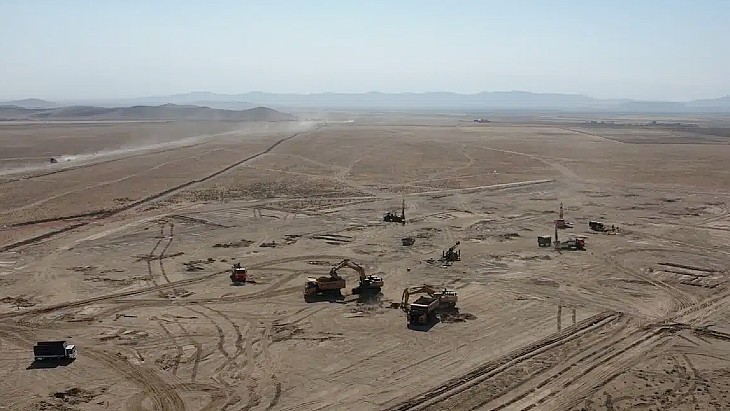Ils vont augmenter les livraisons de la Russie.
La production nationale de gaz est maintenant en baisse.
https://oilprice.com/Energy/Natural-Gas ... tment.htmlUzbekistan Set to Bolster Russian Gas Imports with $500 Million Investment
By Eurasianet - Feb 23, 2024,
The government of Uzbekistan plans to invest $500 million on expanding capacity in its natural gas transportation system to enable a significant increase in imports from Russia, according to reporting by news website Gazeta.uz.
Uzbekistan, whose own gas reserves have not been sufficient to meet annually surging demand, started receiving supplies of the fuel from Russia in October. Under a two-year deal with Gazprom, Uzbekistan imports 9 million cubic meters of gas daily.
Gazeta.uz reported on February 20, citing a government decree published earlier this month, that investment plans covering the period from 2024 to 2030 are intended to support efforts to boost gas imports to 32 million cubic meters per day. Funding for this effort will be sourced from foreign lenders, the outlet reported.
Uzbekistan’s reliance on purchasing gas from abroad has made it a net importer – a stark reversal on its position only two years ago. In dollar terms, it imported gas valued at $700 million in 2023, while it sold $530 million worth of the fuel in the same period. In 2022, exports exceeded imports by $629 million.
China is Uzbekistan’s main customer. Kyrgyzstan buys small amounts of gas from Tashkent, but even the regularity of those deliveries is far from certain. Kyrgyz Agriculture Minister Bakyt Torobayev had to inform parliament on February 1 that the southern city of Osh was suffering from a shortage of gas as a result of Uzbekistan slashing its deliveries tenfold.
According to Gazprom, which controls Kyrgyzstan’s gas infrastructure, the decrease in the delivery of fuel was attributable to dwindling reserves at Uzbek fields and a rise in domestic consumption in Uzbekistan following a cold snap.
Uzbek officials have said in the past that they plan to cease exports of gas altogether by 2025.
This predicament is cited by some analysts as a testament to the government’s failure to modernize its energy industry in good time. Uzbekistan’s energy riches should have put it in a prime position to meet the needs of a rapidly growing population.
The Uzbek Energy Ministry estimates that the country has proven gas reserves of around 1.86 trillion cubic meters. But extraction rates have been flatlining or even declining over the past decade, while domestic demand has grown. The 48.9 billion cubic meters of gas produced in 2022 marked a 4 percent decrease on the previous year. Last year saw another drop in output, to 46.7 billion cubic meters.
Some of Uzbekistan’s developed gas fields are, meanwhile, edging toward almost total depletion.
Energy Minister Zhurabek Mirzamakhmudov told Gazeta.uz last April that “various factors, including man-made ones,” were to blame for the slowdown in output. He identified state-owned Uzbeknetfegaz, which manages half of the country’s confirmed gas reserves, as a driving source of the production slump. Fully “75-80 percent of the company’s fields have already been depleted,” he said.




